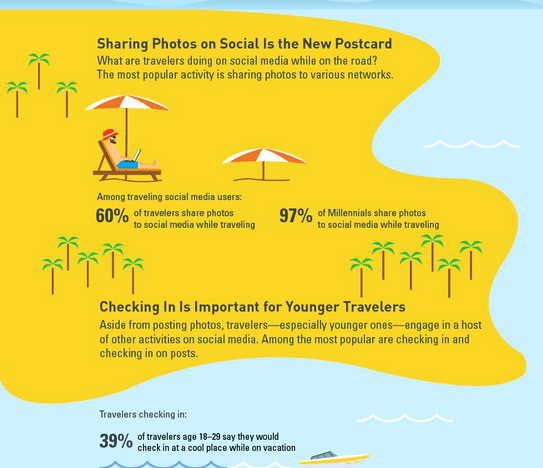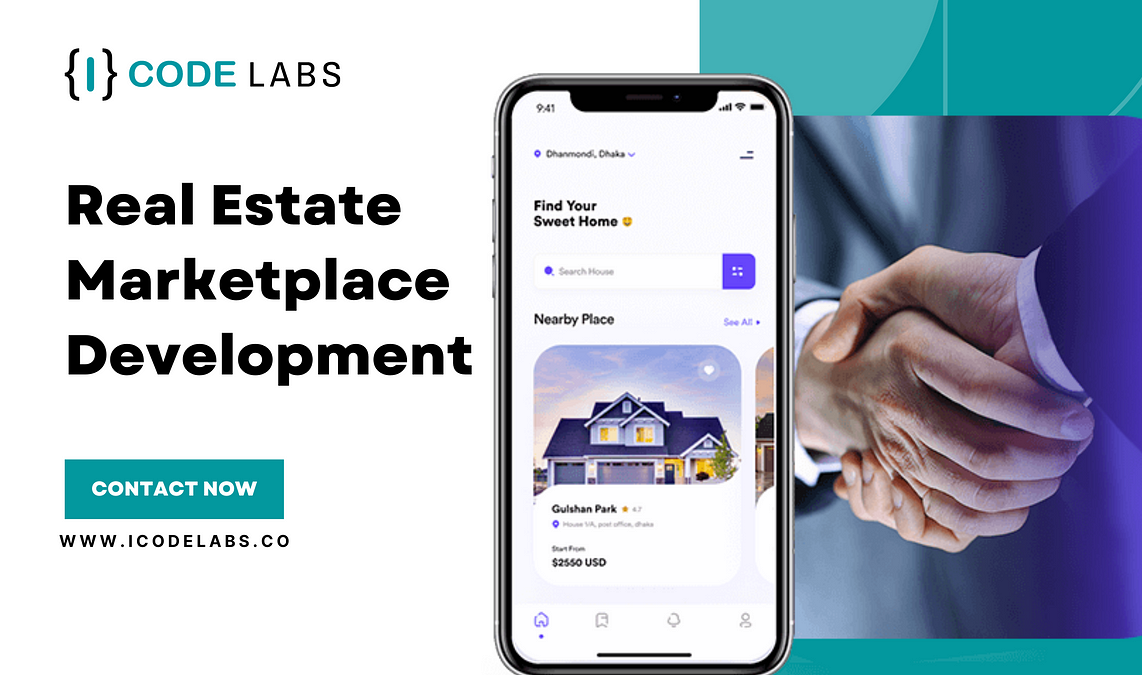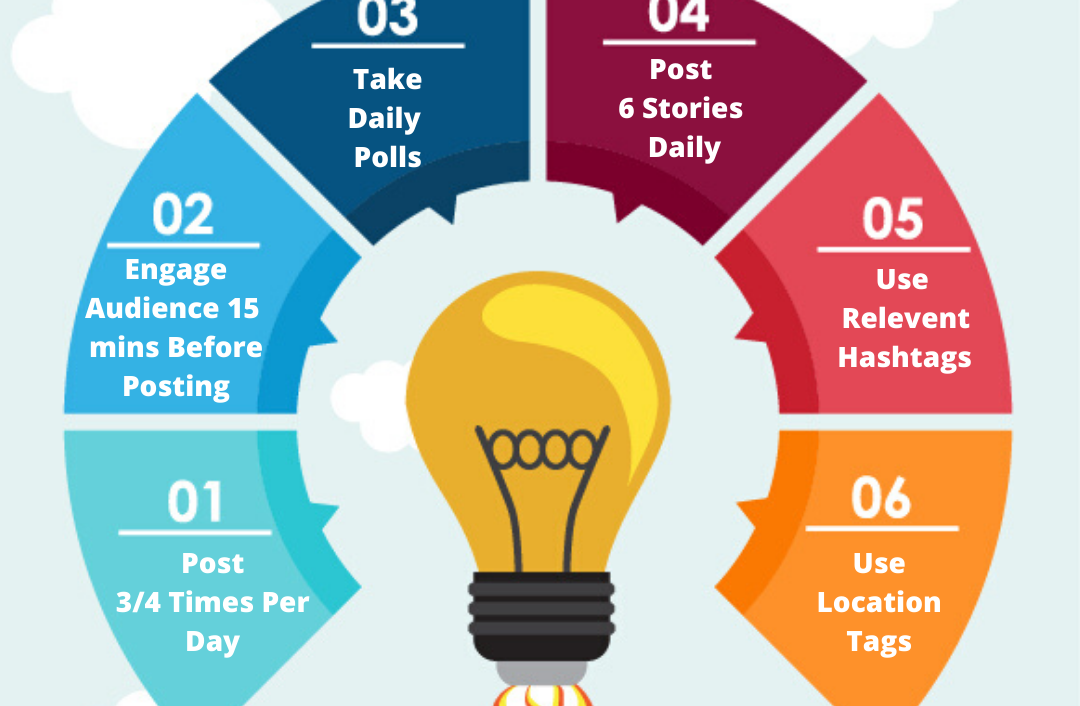Capturing the Traveler’s Imagination: Marketing Strategies for Tourism

Tourism is an experience economy, where travelers seek unique and memorable experiences that fulfill their emotional and imaginative desires. To capture the traveler’s imagination, tourism marketers must adopt innovative strategies that resonate with their target audience.

1. Storytelling and Emotional Appeal:
Effective storytelling evokes emotions and builds connections. Tourism marketers can create compelling narratives that showcase the destination’sの魅力 (charm), history, and culture. By incorporating personal anecdotes, vivid imagery, and authentic experiences, they can transport travelers to the destination in their minds.
2. Immersive and Experiential Marketing:
Immersive marketing experiences allow travelers to engage with the destination on a sensory level. Virtual reality (VR) and augmented reality (AR) can create interactive experiences that showcase iconic landmarks, provide historical tours, and offer glimpses into the local culture. Interactive installations and pop-up events can further immerse travelers in the destination before their arrival.
3. Targeted Segmentation and Personalization:
By researching and segmenting target audiences based on demographics, interests, and travel behavior, marketers can personalize marketing messaging. Niche marketing initiatives, tailored to specific traveler segments, ensure that the destination’s appeal resonates with prospective visitors. Personalized email campaigns, individualized website recommendations, and customized content enhance the customer experience.
4. Social Media and Influencer Partnerships:
Social media is a powerful channel for reaching travelers and inspiring their wanderlust. Tourism marketers should leverage user-generated content, partner with influencers, and utilize social listening to monitor conversations and respond promptly to inquiries. Authenticity and credibility are crucial in building trust and enticing potential travelers.
5. Content Marketing and SEO Optimization:
Content marketing allows tourism marketers to provide valuable information and build trust. By creating high-quality blog posts, articles, videos, and downloadable guides, they can establish themselves as thought leaders in the industry. SEO optimization ensures that the destination’s content appears prominently in search results, driving organic traffic to the website.
Capturing the traveler’s imagination requires tourism marketers to embrace innovation, understand their audience, and evoke emotions through immersive experiences. By effectively implementing these marketing strategies, destinations can inspire wanderlust, generate bookings, and build lasting memories for travelers.








